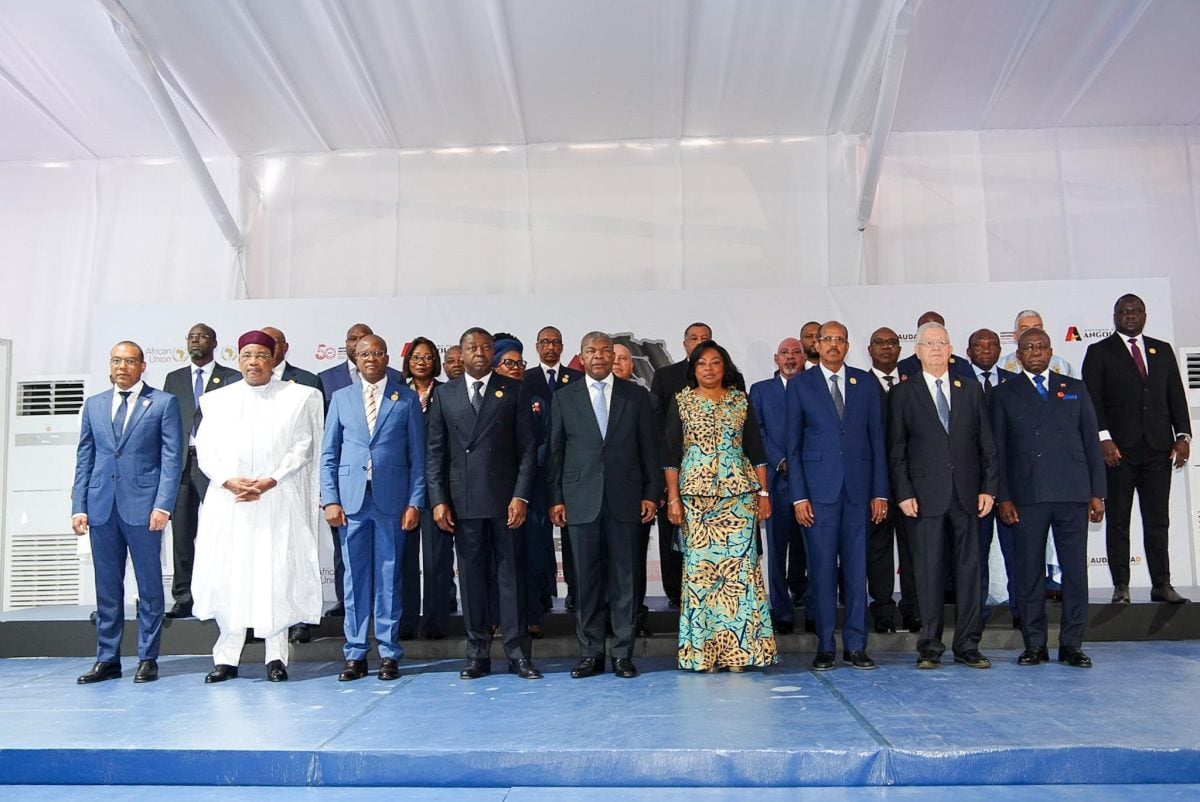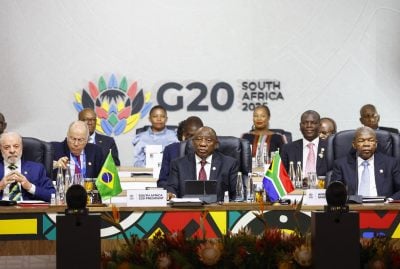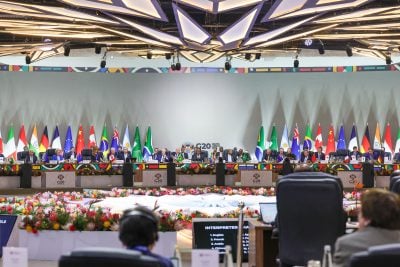This article was produced with the support of AUDA NEPAD
This high-level gathering convened heads of state, ministers, global investors, heads of multilateral development banks, and private sector leaders from Africa and beyond to deliberate on strategies to address one of the continent’s most pressing challenges: transforming Africa’s infrastructure ambitions into bankable, investment-ready projects.
The summit – which proceeded under the theme “Capital, Corridors, Trade: Investing in infrastructure for the AfCFTA and shared prosperity” – focused on four thematic areas. These included: Transport & corridors, energy, digital transformation and water & sanitation.
Africa faces an annual infrastructure financing deficit of between $68bn to $108bn, according to the African Development Bank (AfDB). Yet despite the scale of the shortfall, delegates at the Luanda Financing Summit heard a consistent message from speakers: the capital to bridge this gap is available. What’s missing are bankable projects and the policy and regulatory clarity needed to give investors confidence to write cheques.
Galvanising political will
H.E. João Manuel Gonçalves Lourenço, President of Angola and the African Union (AU) Chairperson, called on African leaders to double down their support for the Programme for Infrastructure Development in Africa (PIDA), which is the AU’s strategic framework for developing cross-border infrastructure in transport, energy, water, and ICT to support regional integration and economic growth.
“The success of Agenda 2063 depends largely on implementing the Programme for Infrastructure Development in Africa, which drives integration, economic growth and sustainability. The Luanda Summit should mark a milestone in policy and resource mobilisation to realise the AU’s infrastructure agenda,” he said in his address during the opening ceremony.
He extended an invitation to investors to partner with the government of Angola in different projects along the Lobito Corridor – a strategic transport and logistics route that connects the port of Lobito in Angola to the mineral-rich copperbelt regions of Zambia and the Democratic Republic of the Congo (DRC). Project sponsors say the Lobito Corridor will boost regional trade, unlock critical mineral exports, and drive economic integration across Southern and Central Africa.
“As we gather in Angola, we cannot overlook the Lobito Corridor. It is vital for Angola and the SADC region and will reduce the time it takes to conduct maritime trade between Africa, Asia, Europe and America, consequently lowering the cost of moving goods,” President Lourenço noted.
Putting African capital to work
A recurring theme during the summit was the urgent need to tap into domestic pools of capital to finance Africa’s infrastructure ambitions. Speakers pointed to the trillions of dollars in assets held by African pension funds, insurance firms, and sovereign wealth funds, lamenting that most of this was invested abroad instead of in Africa.
H.E. Mahmoud Ali Youssouf, Chairperson African Union Commission (AUC), stressed that developing African infrastructure using African capital guaranteed greater autonomy for Africa. “External financing remains useful, but it must not be the driving force of our development. We must move from a logic of assistance to a logic of alliance, where partners align their engagements with priorities defined by Africa itself.”
H.E. Ms.Nardos Bekele-Thomas, CEO of the African Union Development Agency – New Partnership for Africa’s Development (AUDA-NEPAD) reinforced this call to action. “African capital must serve African connectivity, African energy security and African productive capacity. If we do not advance our own instruments, someone else will define our risk, price our assets and dictate our timelines,” she stated.
Samaila Zubairu, president and CEO of the Africa Finance Corporation (AFC), called for regulatory reforms to make it easier for African asset managers to more effectively channel their capital into local infrastructure projects.
“Africa does not lack capital—it holds over US$4 trillion in domestic savings. What we need is alignment, reform, and resolve to channel it into the infrastructure that powers the AfCFTA and our shared prosperity,” he said.
Prioritise local content and industrial transformation
Lerato Dorothy Mataboge, Commissioner for Infrastructure and Energy at the AUC, underlined the need for inclusive approaches to infrastructure development – one that places local job creation and industrialisation at its core.
“We must inculcate two principles,” she said. “First, African content must lead our infrastructure rollout—African financing, African skills, African innovation as primary and we crowd in other partners. Second, we must advance projects that stimulate industrialization, so that we are judged by how we have industrialised this continent.
Her remarks were echoed by Zubairu, who argued that Africa’s industrial future hinges on its ability to move higher up the critical minerals value chain by promoting local processing. “The path forward is not more aid or charity from abroad. It is the industrial transformation of our rare earth minerals into jobs for Africa. Unless we convert African raw materials into processed goods for the future, we will remain price takers,” he noted.

 Sign in with Google
Sign in with Google 



